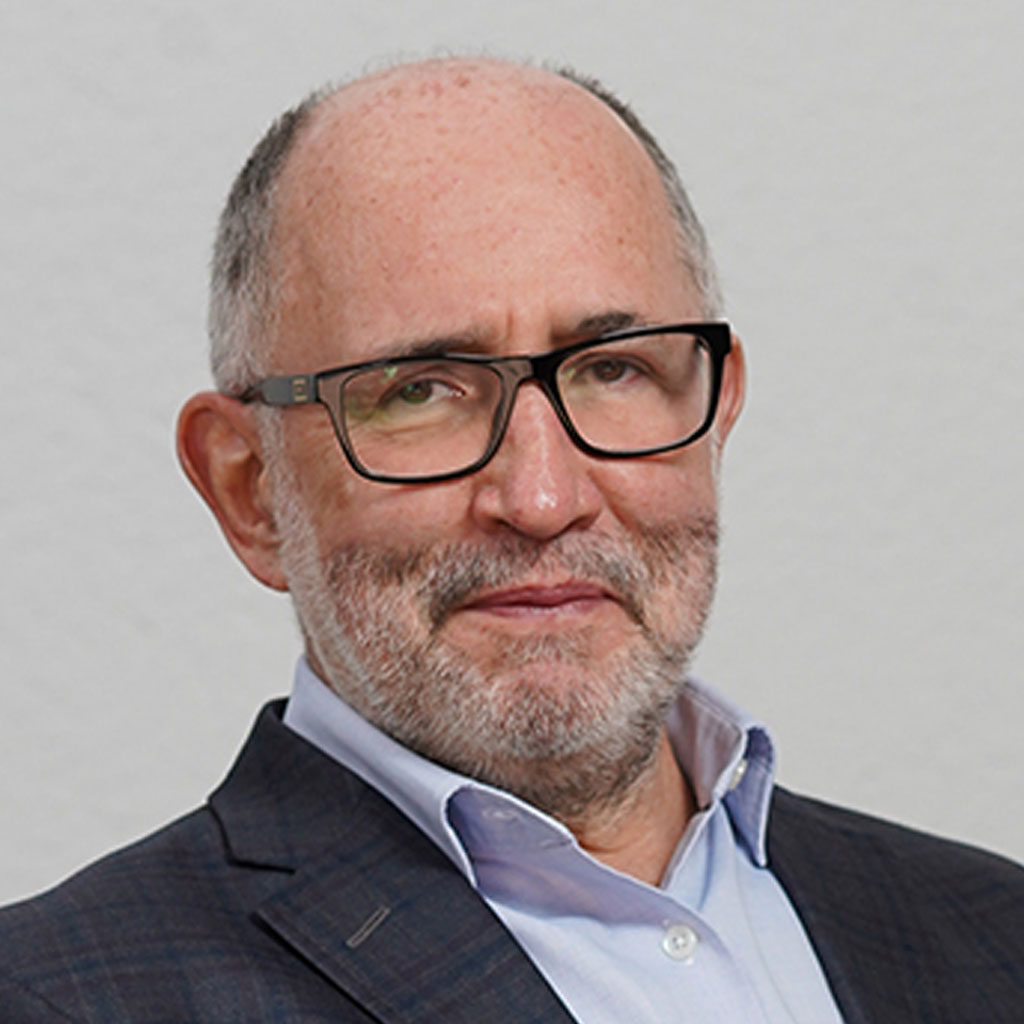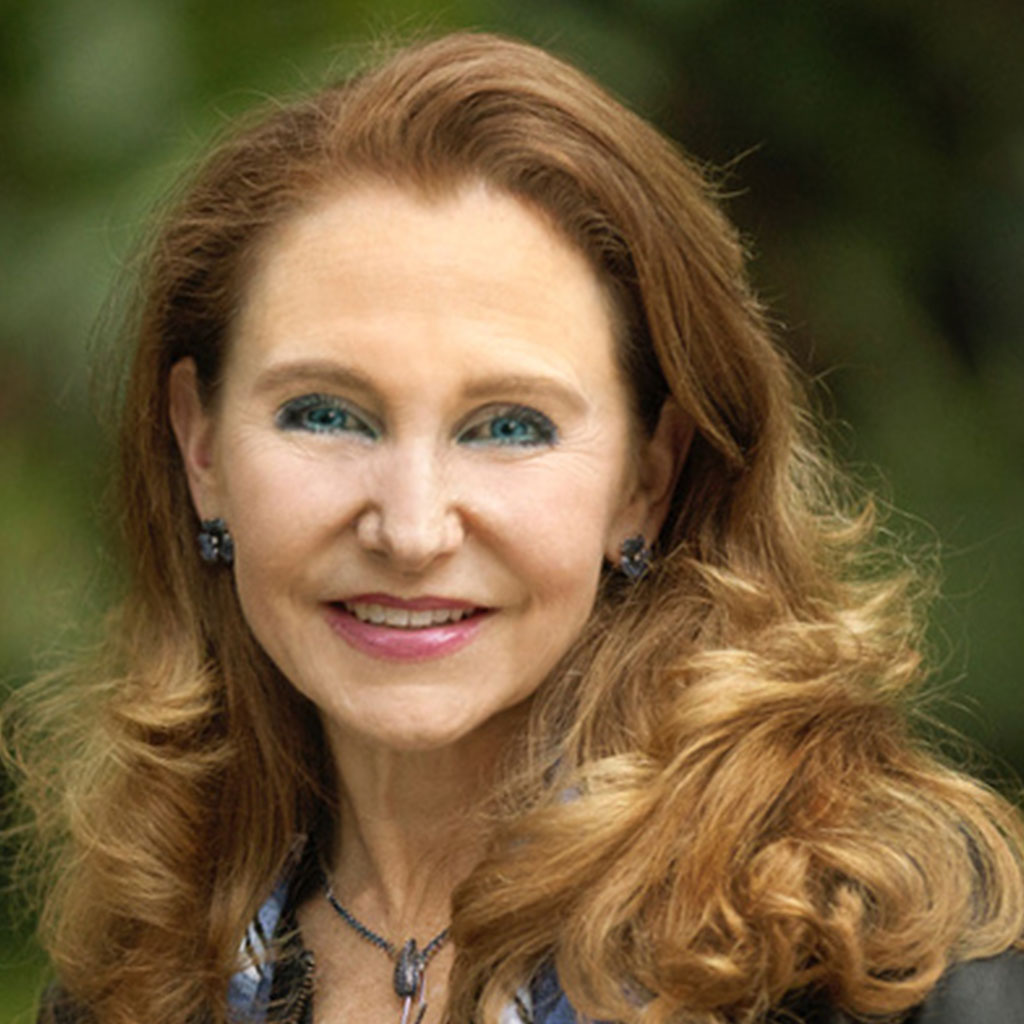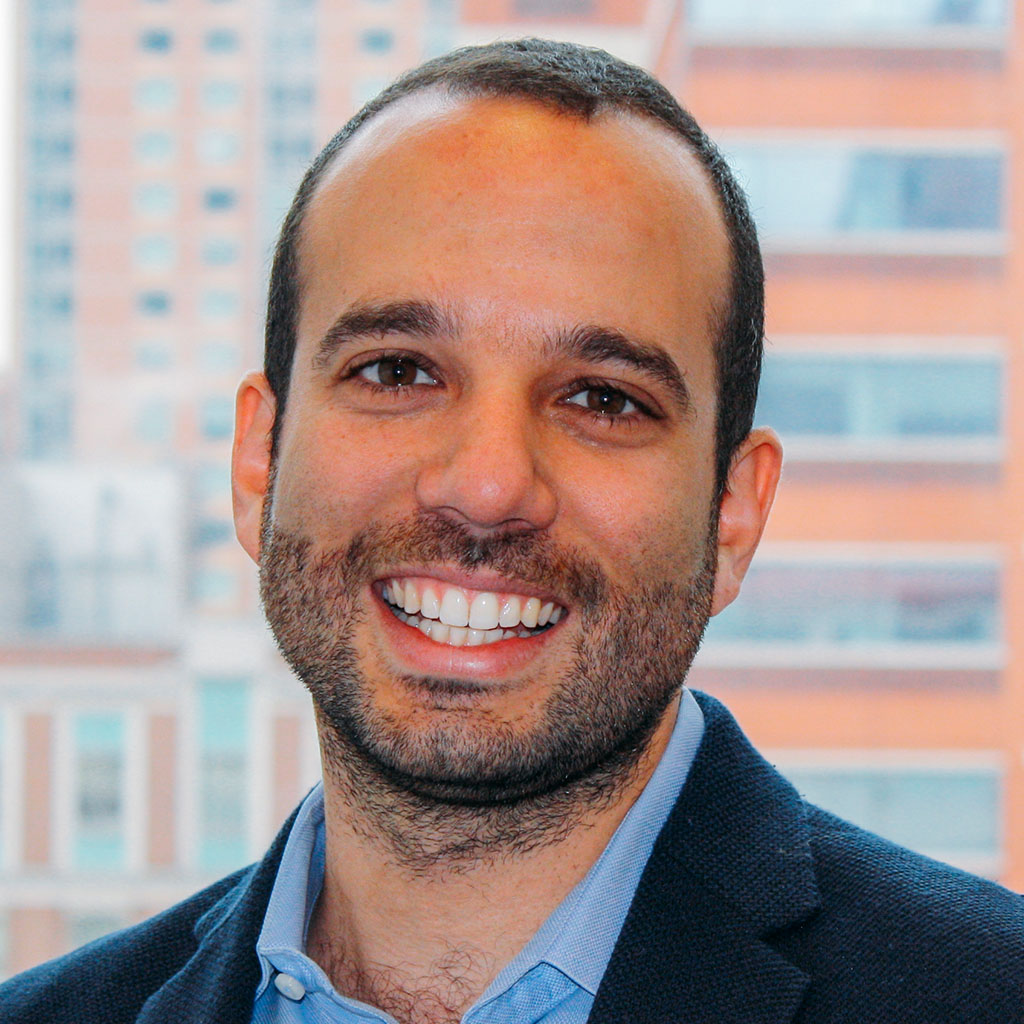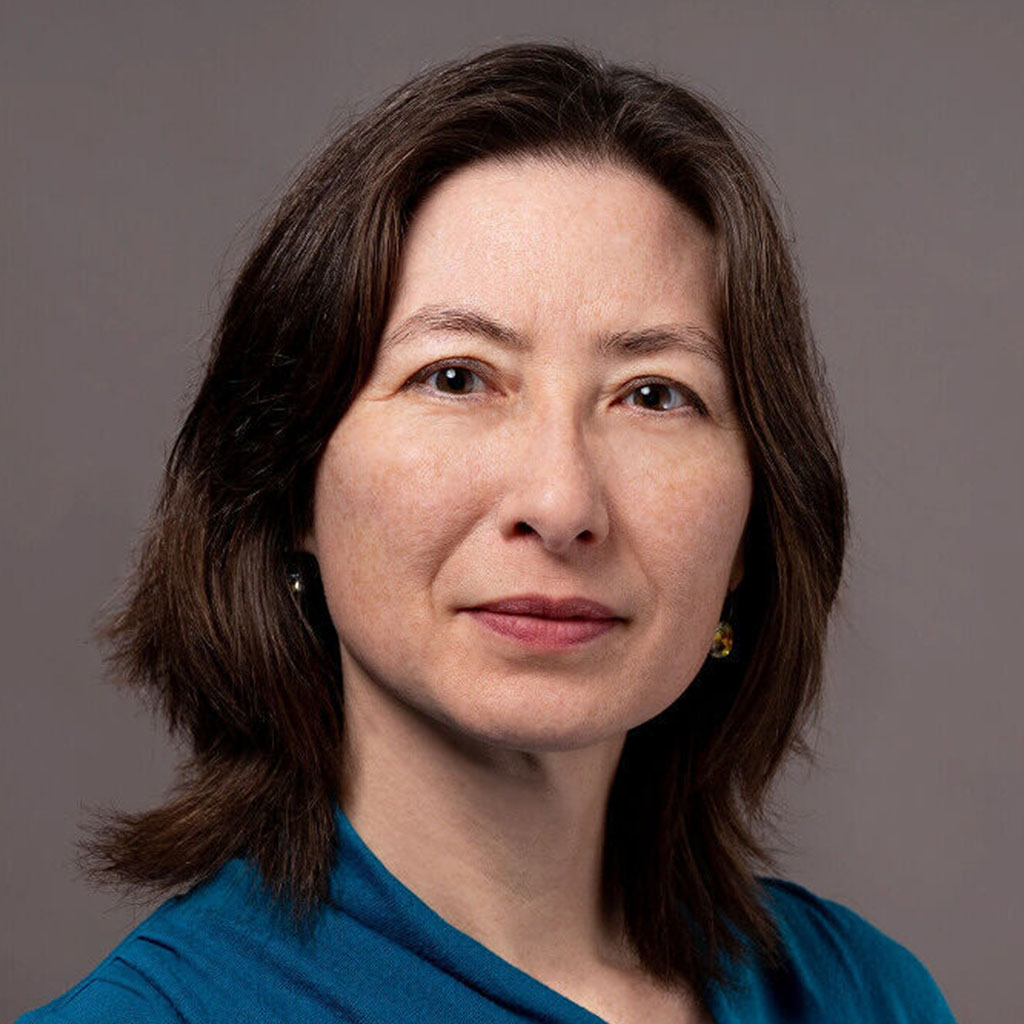EXATEC León


Expertise
History of law
Constitutional law
Transdisciplinary applications of law
Dr. José Ramón Cossío is a retired justice of the Supreme Court of Justice of the Nation (SCJN) in Mexico (2003–2018) and has taught
at universities such as the Instituto Tecnológico Autónomo de México (ITAM). He is currently an associate researcher at El Colegio de México and the director of the Instituto para el Fortalecimiento del Estado de Derecho (IFED), a civil association dedicated to analyzing and improving the legal system in the country.
He is a Level III national researcher at the National System of Researchers (SNI) in Mexico. His research focuses on constitutional
law, human rights, and legal theory. He is also a columnist for newspapers like El País and El Universal, and a regular contributor to Proceso magazine. He has written 38 books and more than 750 articles in specialized journals.
José Ramón Cossío is a member of the Colegio Nacional, one of the most important academic institutions in Mexico, as well as the Mexican Academy of Sciences, the Mexican Academy of History, and the National Academy of Medicine, where he was the first lawyer to be admitted. He is also a member of the American Law Institute and a Distinguished Jurist in Residence at the University of Houston Law Center.
Ten institutions in Mexico have awarded him an honorary doctorate. He has been recognized with the José Pagés Llergo National Communication Award in 2010 and 2017, the Malinalli National Award in 2011, and the Premio Nacional de Ciencias y Artes in 2009. Earlier in his career, he received the National Research Award (Social Sciences) from the Mexican Academy of Sciences in 1998.
José Ramón Cossío joined Tecnológico de Monterrey as Distinguished Professor in Law for the School of Social Sciences and Government and for the School of Government and Public Transformation.

Expertise
Historia del Derecho
Derecho constitucional
Aplicaciones transdisciplinares del Derecho
Dr. José Ramón Cossío is a retired justice of the Supreme Court of Justice of the Nation (SCJN) in Mexico (2003–2018) and has taught
at universities such as the Instituto Tecnológico Autónomo de México (ITAM). He is currently an associate researcher at El Colegio de México and the director of the Instituto para el Fortalecimiento del Estado de Derecho (IFED), a civil association dedicated to analyzing and improving the legal system in the country.
He is a Level III national researcher at the National System of Researchers (SNI) in Mexico. His research focuses on constitutional
law, human rights, and legal theory. He is also a columnist for newspapers like El País and El Universal, and a regular contributor to Proceso magazine. He has written 38 books and more than 750 articles in specialized journals.
José Ramón Cossío is a member of the Colegio Nacional, one of the most important academic institutions in Mexico, as well as the Mexican Academy of Sciences, the Mexican Academy of History, and the National Academy of Medicine, where he was the first lawyer to be admitted. He is also a member of the American Law Institute and a Distinguished Jurist in Residence at the University of Houston Law Center.
Ten institutions in Mexico have awarded him an honorary doctorate. He has been recognized with the José Pagés Llergo National Communication Award in 2010 and 2017, the Malinalli National Award in 2011, and the Premio Nacional de Ciencias y Artes in 2009. Earlier in his career, he received the National Research Award (Social Sciences) from the Mexican Academy of Sciences in 1998.
José Ramón Cossío joined Tecnológico de Monterrey as Distinguished Professor in Law for the School of Social Sciences and Government and for the School of Government and Public Transformation.

Expertise
Global health
Health systems
Health economics focused on reducing
inequities
Dr. Felicia Marie Knaul has spent 30 years focusing on global health and social development. From 2009 to 2015, she was an associate professor at Harvard Medical School and director of the Harvard Global Equity Initiative. At the University of Miami, she was director of the Institute for Advanced Study of the Americas and is a professor at the Leonard M. Miller School of Medicine. She is also the secretary general of the Hemispheric University Consortium and an associate of the chancellor at UCLA as of December 2024. In Mexico, she is a senior economist at the Mexican Health Foundation and an Honorary Research Professor of Medical Sciences at the National Institute of Public Health.
Her research focuses on global health, violence against women and children, cancer (particularly breast cancer), health systems reform, and health financing. She is a member of the Mexican National Academy of Medicine, and in 2018, she became a Level III researcher at the National System of Researchers (SNI) in Mexico. After her breast cancer experience, Dr. Knaul founded Tómatelo a Pecho, A.C. in 2008, a Mexican non-profit focused on breast cancer research and early detection awareness.
Dr. Knaul has produced over 350 academic and policy publications. She currently co-chairs commissions such as The Lancet Commission on Cancer and Health Systems. She also serves as commissioner of The Lancet Oncology Commission on Cancer in the Commonwealth, among others. She was honored by being inducted into the International Women’s Forum in 2024.
Felicia Knaul joined Tecnológico de Monterrey as Distinguished Visiting Professor in Public Health for the School of Medicine and Health Sciences.

Expertise
Salud global
Sistemas sanitarios
Economía sanitaria centrada en la reducción de las desigualdades
Dr. Felicia Marie Knaul has spent 30 years focusing on global health and social development. From 2009 to 2015, she was an associate professor at Harvard Medical School and director of the Harvard Global Equity Initiative. At the University of Miami, she was director of the Institute for Advanced Study of the Americas and is a professor at the Leonard M. Miller School of Medicine. She is also the secretary general of the Hemispheric University Consortium and an associate of the chancellor at UCLA as of December 2024. In Mexico, she is a senior economist at the Mexican Health Foundation and an Honorary Research Professor of Medical Sciences at the National Institute of Public Health.
Her research focuses on global health, violence against women and children, cancer (particularly breast cancer), health systems reform, and health financing. She is a member of the Mexican National Academy of Medicine, and in 2018, she became a Level III researcher at the National System of Researchers (SNI) in Mexico. After her breast cancer experience, Dr. Knaul founded Tómatelo a Pecho, A.C. in 2008, a Mexican non-profit focused on breast cancer research and early detection awareness.
Dr. Knaul has produced over 350 academic and policy publications. She currently co-chairs commissions such as The Lancet Commission on Cancer and Health Systems. She also serves as commissioner of The Lancet Oncology Commission on Cancer in the Commonwealth, among others. She was honored by being inducted into the International Women’s Forum in 2024.
Felicia Knaul joined Tecnológico de Monterrey as Distinguished Visiting Professor in Public Health for the School of Medicine and Health Sciences.

Expertise
Electrochemical engineering
Sustainable engineering
Dr. Miguel Modestino is a Donald F. Othmer Associate Professor of Chemical Engineering at New York University (NYU) and director of the NYU Sustainable Engineering Initiative. He is also co-founder of an NYU spin-off company called Sunthetics Inc., which focuses on developing machine learning optimization software for sustainable chemical manufacturing processes. The company is currently active and was highlighted in the documentary “Own the Room” by National Geographic for Disney+.
He is a co-inventor in 9 patent applications on topics related to electrochemistry and machine learning. He has received multiple grants from organizations including NASA, the National Science Foundation (NSF) in the U.S., and ExxonMobile, among others. He has authored over 65 publications on electrochemical engineering and sustainability in prominent peer-reviewed scientific journals such as Energy & Environmental Science, PNAS, Journal of Electrochemical Society, Nature, Joule, and Macromolecules.
He has received multiple honors, including the American Institute of Chemical Engineers (AIChE) Journal Futures Speaker (2022) and the ACS Energy & Fuels Rising Star (2022) recognitions. He was a TED Countdown Speaker (2022) and a TED Idea Search Latin America Winner (2021). He was also named an MIT Technology Review “Innovator Under 35” (Globally, 2020) and in Latin America (2017). Earlier in his career, he won the National Science Foundation CAREER Award (2019).
Miguel Modestino joined Tecnológico de Monterrey as a Distinguished Visiting Professor in Industrial Decarbonization for the School of Engineering and Sciences.

Expertise
Ingeniería electroquímica
Ingeniería sostenible
Dr. Miguel Modestino is a Donald F. Othmer Associate Professor of Chemical Engineering at New York University (NYU) and director of the NYU Sustainable Engineering Initiative. He is also co-founder of an NYU spin-off company called Sunthetics Inc., which focuses on developing machine learning optimization software for sustainable chemical manufacturing processes. The company is currently active and was highlighted in the documentary “Own the Room” by National Geographic for Disney+.
He is a co-inventor in 9 patent applications on topics related to electrochemistry and machine learning. He has received multiple grants from organizations including NASA, the National Science Foundation (NSF) in the U.S., and ExxonMobile, among others. He has authored over 65 publications on electrochemical engineering and sustainability in prominent peer-reviewed scientific journals such as Energy & Environmental Science, PNAS, Journal of Electrochemical Society, Nature, Joule, and Macromolecules.
He has received multiple honors, including the American Institute of Chemical Engineers (AIChE) Journal Futures Speaker (2022) and the ACS Energy & Fuels Rising Star (2022) recognitions. He was a TED Countdown Speaker (2022) and a TED Idea Search Latin America Winner (2021). He was also named an MIT Technology Review “Innovator Under 35” (Globally, 2020) and in Latin America (2017). Earlier in his career, he won the National Science Foundation CAREER Award (2019).
Miguel Modestino joined Tecnológico de Monterrey as a Distinguished Visiting Professor in Industrial Decarbonization for the School of Engineering and Sciences.

Expertise
Radical innovation
Strategic foresight
Dr. Tamara Carleton specializes in radical innovation and strategic foresight, areas in which she is an award-winning professor,
industry advisor, and author, characterized by the global impact and multidisciplinary nature of her work. She has jointly held the UNESCO Chair in Anticipatory Leadership at Tecnológico de Monterrey since 2023. She is also part of the faculty at several universities in Europe and Asia. Special areas of interest include frontier research models (including DARPA and the ARPA agency model), technological visions, and organizational innovation practices.
Her experience includes being the founder and CEO of Innovation Leadership Group LLC, where she works with organizations to build innovation capacity and map bold futures. Clients have included Airbus Group, Axtel, Nestle, Vinnova (Sweden’s national innovation agency), Volvo Group, and UNESCO, among others.
She has co-authored several books on innovation, including Building Moonshots: 50+ Ways to Turn Radical Ideas into Reality, Inventing the Almost Impossible, and the Playbook for Strategic Foresight and Innovation. Tamara Carleton was recently recognized as one of the Top 50 Women Leaders in Education by Women We Admire (2023 and 2024).
Tamara Carleton joined Tecnológico de Monterrey as a Distinguished Global Professor of Radical Innovation for the Business School and EGADE Business School.

Expertise
Innovación radical
Prospectiva estratégica
Dr. Tamara Carleton specializes in radical innovation and strategic foresight, areas in which she is an award-winning professor,
industry advisor, and author, characterized by the global impact and multidisciplinary nature of her work. She has jointly held the UNESCO Chair in Anticipatory Leadership at Tecnológico de Monterrey since 2023. She is also part of the faculty at several universities in Europe and Asia. Special areas of interest include frontier research models (including DARPA and the ARPA agency model), technological visions, and organizational innovation practices.
Her experience includes being the founder and CEO of Innovation Leadership Group LLC, where she works with organizations to build innovation capacity and map bold futures. Clients have included Airbus Group, Axtel, Nestle, Vinnova (Sweden’s national innovation agency), Volvo Group, and UNESCO, among others.
She has co-authored several books on innovation, including Building Moonshots: 50+ Ways to Turn Radical Ideas into Reality, Inventing the Almost Impossible, and the Playbook for Strategic Foresight and Innovation. Tamara Carleton was recently recognized as one of the Top 50 Women Leaders in Education by Women We Admire (2023 and 2024).
Tamara Carleton joined Tecnológico de Monterrey as a Distinguished Global Professor of Radical Innovation for the Business School and EGADE Business School.
Identidad y domicilio del Responsable
El Responsable del tratamiento de los datos personales que usted proporcione, es el Instituto Tecnológico y de Estudios Superiores de Monterrey (en lo sucesivo "ITESM") con domicilio ubicado en Av. Eugenio Garza Sada Sur No. 2501, colonia Tecnológico en Monterrey, Nuevo León, México. C.P. 64700.
Datos personales tratados por el ITESM
Para cumplir con las finalidades del tratamiento de datos personales de usuarios, señaladas en el presente Aviso de Privacidad, es necesario que el ITESM trate las siguientes categorías de datos personales:
Así mismo, le informamos que, para cumplir con las finalidades señaladas en el presente Aviso, ITESM no recabará ni tratará datos personales sensibles.
Finalidades primarias
El ITESM dará tratamiento a sus datos personales para las siguientes finalidades primarias indispensables y necesarias para la relación jurídica existente entre el titular y el responsable:
Finalidades secundarias
De manera adicional, el ITESM utilizará su información personal para las siguientes finalidades que no son necesarias para el servicio que nos solicita, pero que nos permiten y facilitan brindarle una mejor atención:
En caso de que no desee que sus datos personales sean tratados para alguna o todas las finalidades adicionales, desde este momento usted nos puede comunicar lo anterior al correo datospersonales@itesm.mx, indicándonos en el cuerpo del correo su nombre completo, su relación con el instituto y que no desea que sus datos sean tratados para alguna o todas las finalidades secundarias.
La negativa para el uso de sus datos personales para fines adicionales, no podrá ser un motivo para negarle los servicios solicitados o dar por terminada la relación establecida con nosotros.
Transferencias
Con base en lo establecido en el artículo 37 de la LFPDPPP, el ITESM podrá transferir sus datos personales sin requerir de su consentimiento en los siguientes supuestos:
Derechos ARCO y/o revocación del consentimiento
Usted o su representante legal podrá ejercer cualquiera de los derechos de acceso, rectificación, cancelación u oposición (en lo sucesivo “derechos arco”), así como revocar su consentimiento para el tratamiento de sus datos personales a través del correo electrónico datospersonales@itesm.mx y siguiendo el procedimiento, requisitos y plazos para el ejercicio de sus derechos ARCO y/o revocación del consentimiento de nuestra página de internet: https://tec.mx/es/derechos-arco-yo-revocacion-del-consentimiento.
Limitación y/o divulgación de sus Datos Personales
Usted podrá limitar el uso o divulgación de sus datos personales en los eventos o actividades que se lleven a cabo a través de herramientas y plataformas digitales, no activando la cámara, no utilizando su imagen personal en la cuenta con la que se conecte y/o no registrándose con su perfil (dependerá de la plataforma que se utilice para llevar a cabo el evento o actividad).
En las comunicaciones por correo electrónico, inscribiéndose en el listado de exclusión (unsubscribe list), cuando esté disponible en la propia comunicación.
Usted también podrá limitar el uso o divulgación de sus datos personales enviando su solicitud a el ITESM a través de un correo electrónico dirigido a la dirección datospersonales@itesm.mx.
Los requisitos para acreditar su identidad, así como el procedimiento para atender su solicitud se regirán por los mismos criterios señalados en nuestra página de internet: https://tec.mx/es/derechos-arco-yo-revocacion-del-consentimiento. En caso de que resulte procedente, se le registrará en el listado de exclusión propio del ITESM.
Uso de Cookies
El ITESM utiliza varias tecnologías para mejorar la eficiencia de la Plataforma incluyendo su experiencia cuando navega por el sitio. Las cookies son pequeñas cantidades de información que se almacenan en el navegador utilizado por cada usuario para que el servidor recuerde cierta información que posteriormente pueda utilizar. Esta información permite identificarle y guardar sus preferencias personales para brindarle una mejor experiencia de navegación.
Le recordamos que usted puede desactivar, deshabilitar o ajustar el uso de cookies y otras tecnologías siguiendo los procedimientos del navegador de internet que utiliza.
Seleccione la opción de “configuración” o herramientas de acuerdo con su explorador.
Seleccione la opción desactivar cookies. Este proceso no solo deshabilitará las cookies de nuestra Plataforma, sino las de todo su navegador.
Los datos personales que se pueden obtener a través del uso de estas tecnologías son los siguientes: Identificadores, nombre de usuario y contraseñas de una sesión; región en la que se encuentra; tipo de navegador; tipo de sistema operativo; fecha y hora del inicio y final de una sesión; páginas web visitadas; búsquedas realizadas y publicidad revisada. Estas tecnologías podrán deshabilitarse siguiendo los procedimientos del navegador de internet que utiliza.
Departamento de Datos Personales del ITESM
Es importante hacer de su conocimiento que el ITESM cuenta con un Departamento de Datos Personales el cual, como parte de sus funciones, tiene la de resolver cualquier duda que usted pudiere tener relacionada con el uso de su información. Asimismo, el Departamento de Datos Personales dará seguimiento a cualquier queja o reclamación que usted pudiere tener relacionada con el tratamiento de su información personal.
Usted puede contactar al Departamento de Datos Personales del ITESM enviando un correo electrónico a la siguiente dirección electrónica: datospersonales@itesm.mx.
INAI
En caso de considerarlo necesario, le informamos que tiene el derecho de acudir ante el Instituto Nacional de Transparencia Acceso a la Información y Protección de Datos Personales (INAI) para hacer valer cualquier inconformidad relacionada con el tratamiento de sus datos personales por parte del ITESM.
Cambios al Aviso de Privacidad
El ITESM le notificará de cualquier cambio a su aviso de privacidad a través de https://tec.mx/aviso-de-privacidad-nextgen.
Última actualización: febrero 2025